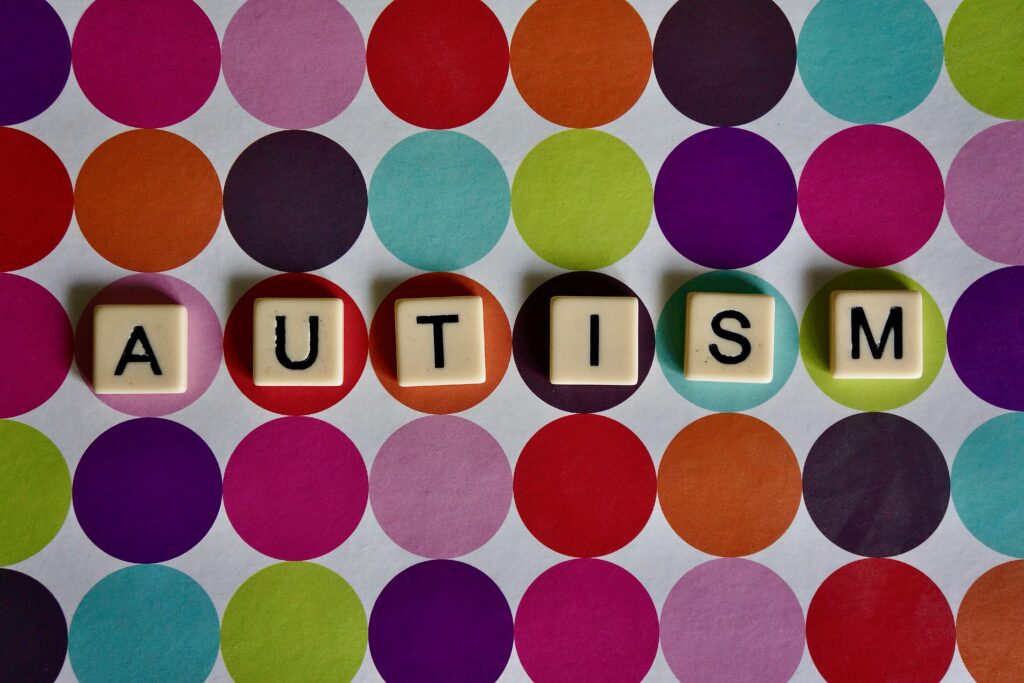Autism traits and behaviours can range in their severity leading some to wonder if autism is always noticable?
Like so much with autism there’s a lot to unpack in the answer.
Autism basics
Autism Spectrum Disorder (ASD) is a developmental disorder that affects social interaction, communication, and behavior.
The symptoms of autism can vary widely from person to person, and some individuals may exhibit only mild symptoms while others may have more severe impairments.
Therefore, it is not always noticeable in a clear and obvious way.
Some common signs and symptoms of autism include difficulty with social interaction, such as difficulty making eye contact or understanding social cues.
Those with autism also regularly have delays in language development, repetitive behaviors or routines, and a tendency to focus on specific interests or topics.
However, not all individuals with autism exhibit these signs, and some may exhibit different or less noticeable symptoms.

When is autism clinically spotted
In some cases, autism may be diagnosed at an early age through developmental screenings or assessments.
However, in other cases, it may not be diagnosed until later in childhood or even into adulthood.
Some individuals with high-functioning autism, for example, may not receive a diagnosis until they are adults. They may have learned to compensate for their symptoms and may not exhibit obvious signs of impairment.
Summary – Is autism always noticable?
Overall, while autism can be noticeable in some individuals through the presence of certain signs and symptoms, it is not always immediately obvious or clear.
It is important to recognise that individuals with autism are unique and may exhibit a wide range of behaviors and abilities, and that early diagnosis and intervention can be beneficial in helping individuals with autism reach their full potential.

